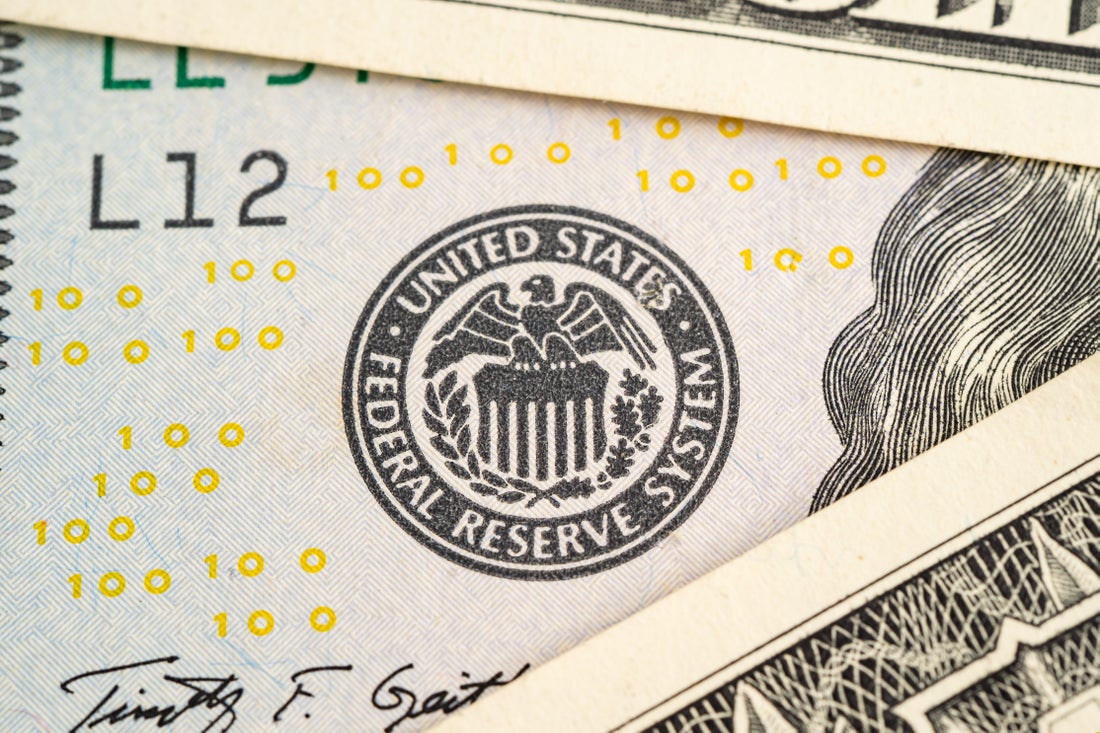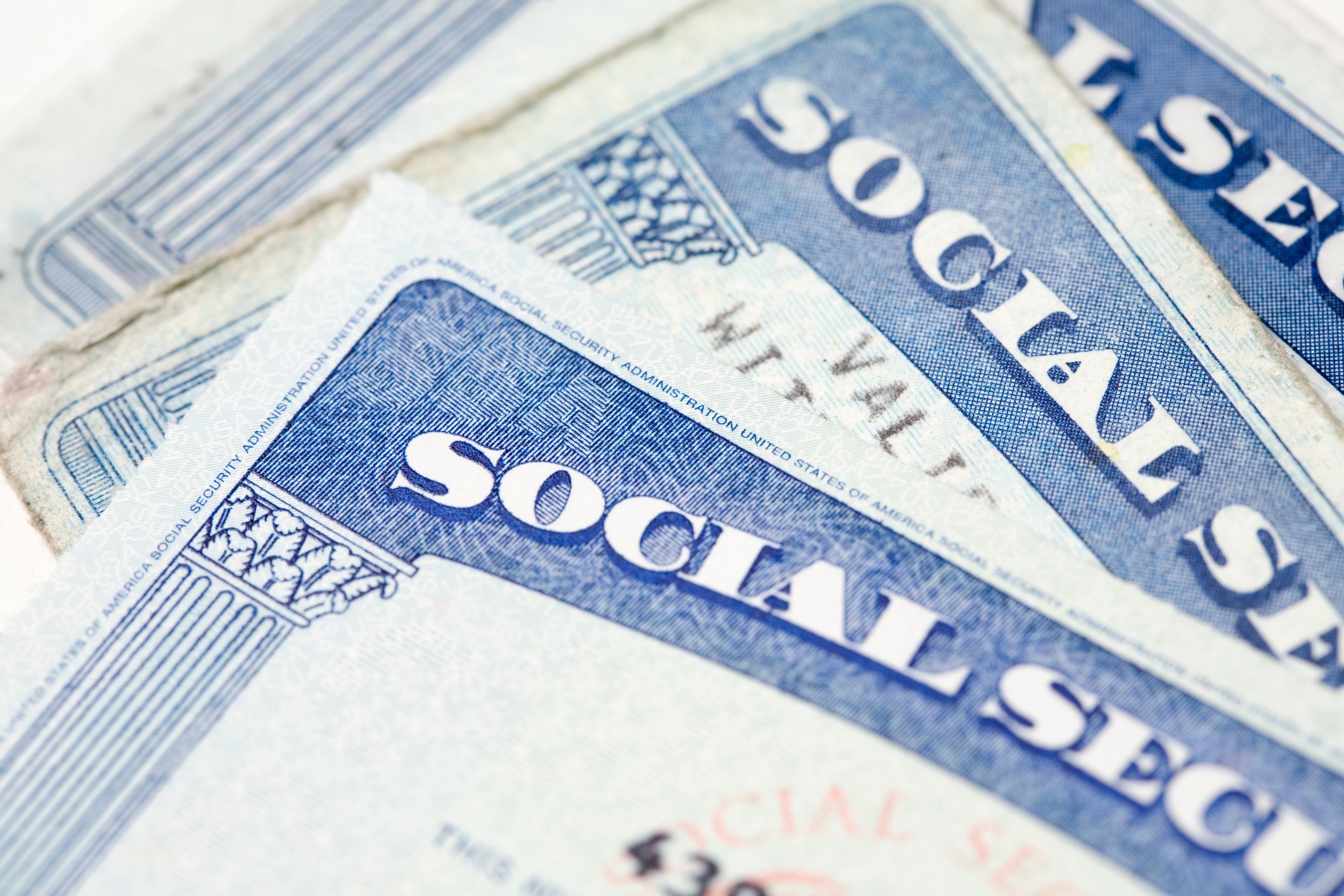Many retirees might agree with the sentiment expressed in the Beatles' 1960s song, "The Taxman." The lyrics include, "If you drive a car, car, I'll tax the street. If you try to sit, sit, I'll tax your seat. If you get too cold, cold, I'll tax the heat. If you take a walk, walk, I'll tax your feet. Taxman!"
However, the taxman won't be as problematic for retirees everywhere in the U.S. Here are 13 states that won't tax your Social Security, 401(k), individual retirement account (IRA), or pension income.

Image source: Getty Images.
Retirement tax havens
Let's start with nine states that don't have an income tax at all. The list currently includes:
- Alaska
- Florida
- New Hampshire
- Nevada
- South Dakota
- Tennessee
- Texas
- Washington
- Wyoming
Washington state does have a tiered capital gains tax that could affect some retirees, but it doesn't tax personal income. The first $1 million of capital gains in the state is subject to a tax rate of 7%. Any capital gains over $1 million are subject to this tax plus an additional 2.9% tax.
Four other states have income taxes but don't tax retirement income from Social Security, 401(k) plans, IRAs, or pensions. These states are:
- Illinois
- Iowa
- Mississippi
- Pennsylvania
Mississippi plans to reduce its state income tax over time until it's fully eliminated. However, for now, income (other than retirement income) is taxed at a 4.4% rate above $10,000. Also, early distributions from retirement accounts may be subject to state income taxes. It's a similar story in Pennsylvania: Early withdrawals from IRAs and other retirement plans may be taxed.
Other states that offer retirees some tax relief
Are retirees who live in other states on the hook for paying taxes on all of their retirement income? The good news is that's not the case in most states. Forty-one states don't tax Social Security retirement benefits (including the 13 states that don't tax any retirement income):
- Alabama
- Alaska
- Arizona
- Arkansas
- California
- Delaware
- Florida
- Georgia
- Hawaii
- Idaho
- Illinois
- Indiana
- Iowa
- Kansas
- Kentucky
- Louisiana
- Maine
- Maryland
- Massachusetts
- Michigan
- Mississippi
- Missouri
- Nebraska
- Nevada
- New Hampshire
- New Jersey
- New York
- North Carolina
- North Dakota
- Ohio
- Oklahoma
- Oregon
- Pennsylvania
- South Carolina
- South Dakota
- Tennessee
- Texas
- Virginia
- Washington
- Wisconsin
- Wyoming
In addition, the District of Columbia levies an income tax but doesn't tax Social Security benefits.
That leaves nine states where Social Security benefits are still taxed:
- Colorado
- Connecticut
- Minnesota
- Montana
- New Mexico
- Rhode Island
- Utah
- Vermont
- West Virginia
Exactly how much retirees must pay in income taxes in these states depends on adjusted gross income (AGI) and filing status (single, married filing jointly, etc.) Also, West Virginia will eliminate its tax on Social Security benefits in 2026.
The taxes that retirees can't entirely escape
Now for the bad news. Even retirees in the 13 states that don't tax retirement income can't entirely escape the taxman. Uncle Sam still wants money. The federal government has a graduated tax rate structure in place. The lowest rate is 10%, and the highest rate is 37%.
You might have heard, though, that the GOP's "big, beautiful bill" eliminates federal taxes on Social Security benefits. That's not exactly true.
The legislation includes a new tax deduction for qualifying individuals aged 65 or older, in addition to the current standard deduction for seniors. The White House said that the Council of Economic Advisers determined that 88% of seniors who receive Social Security retirement benefits won't have to pay federal taxes on those benefits as a result of this new deduction.
However, some retirees will still be subject to federal taxes on Social Security as well as other retirement income. Also, the extra deduction for seniors is only temporary. It expires in 2028.





